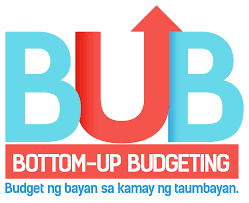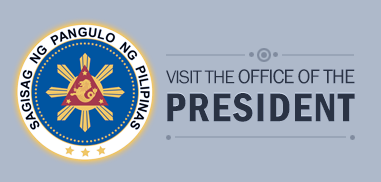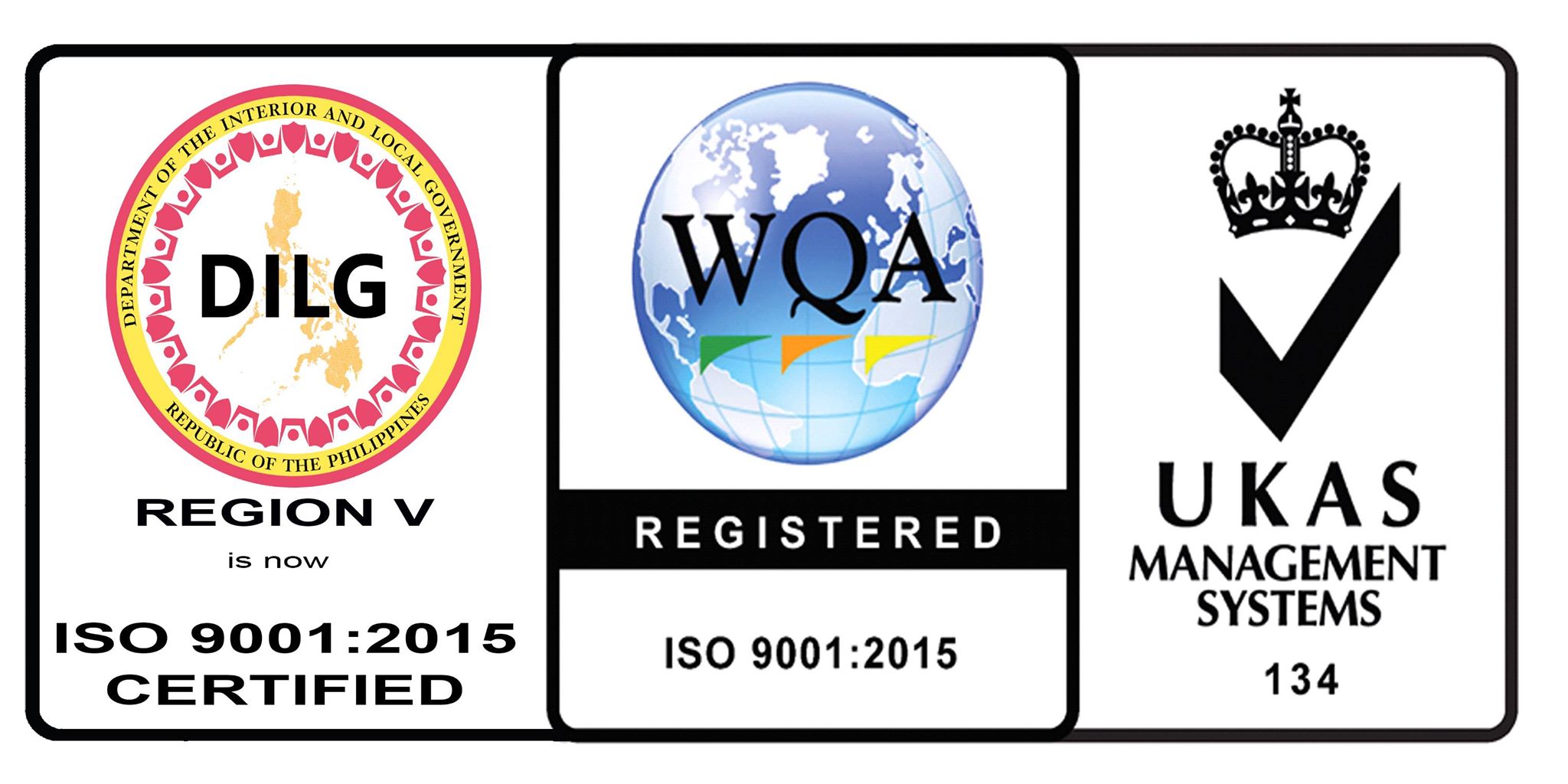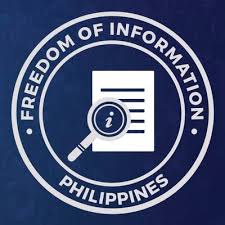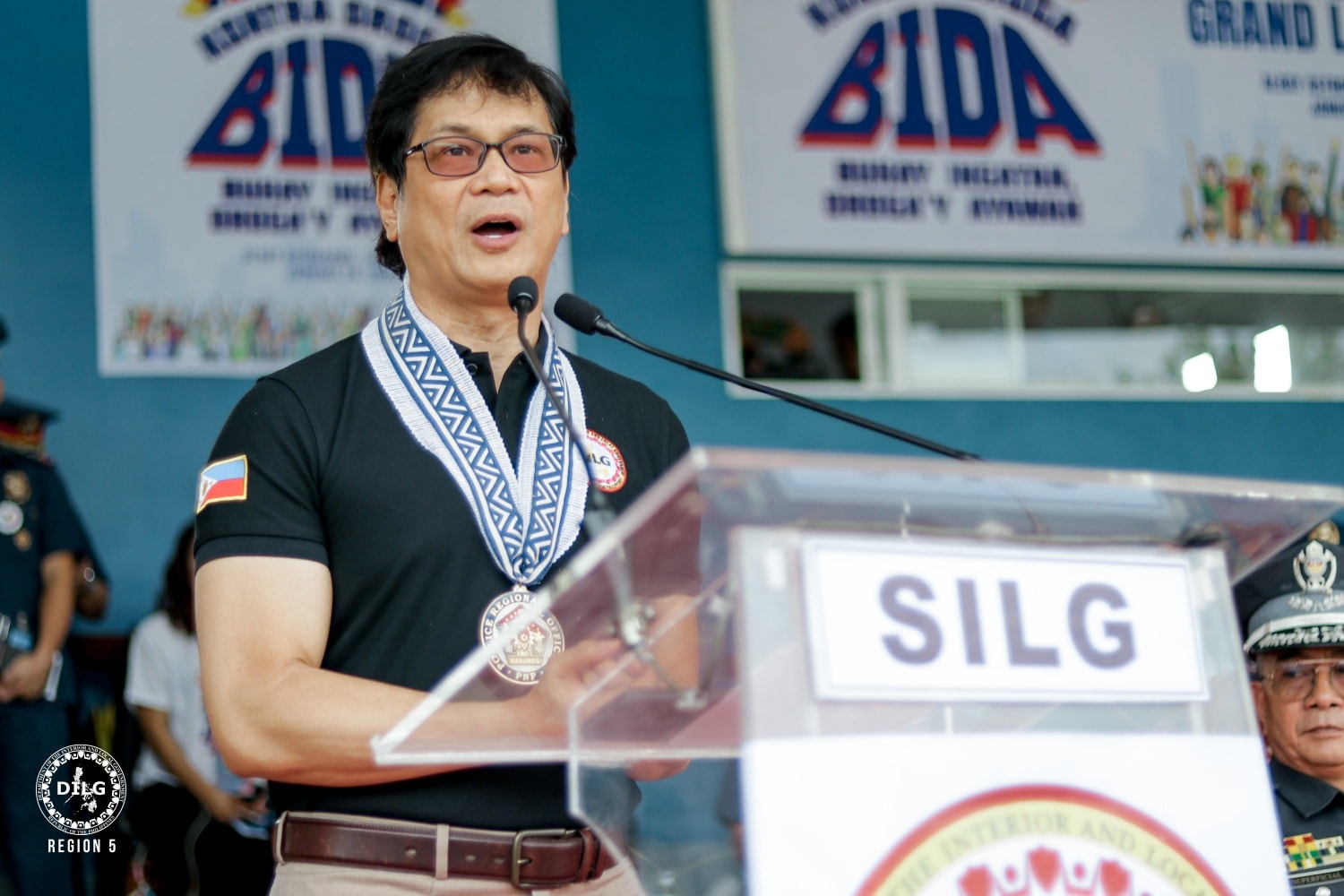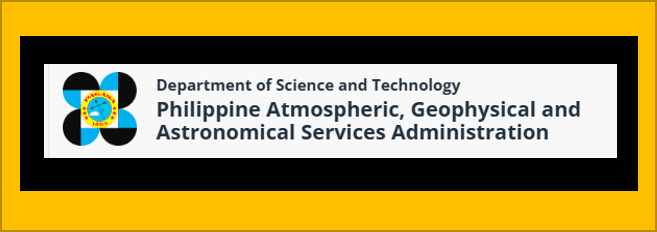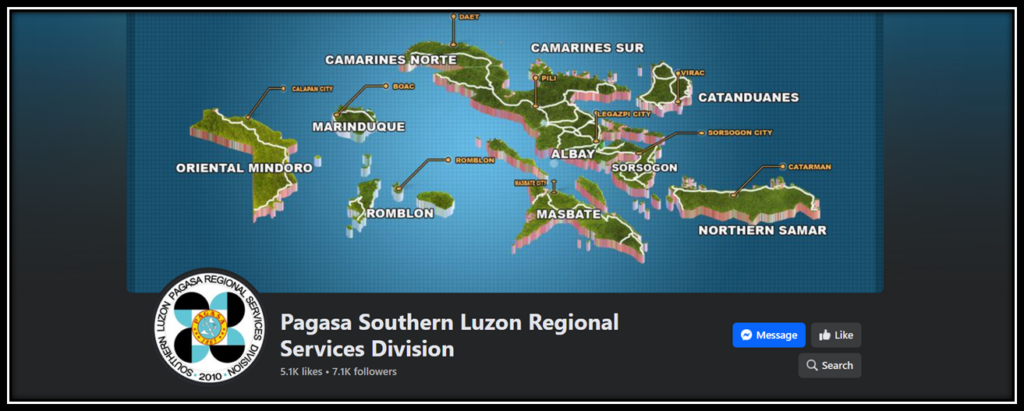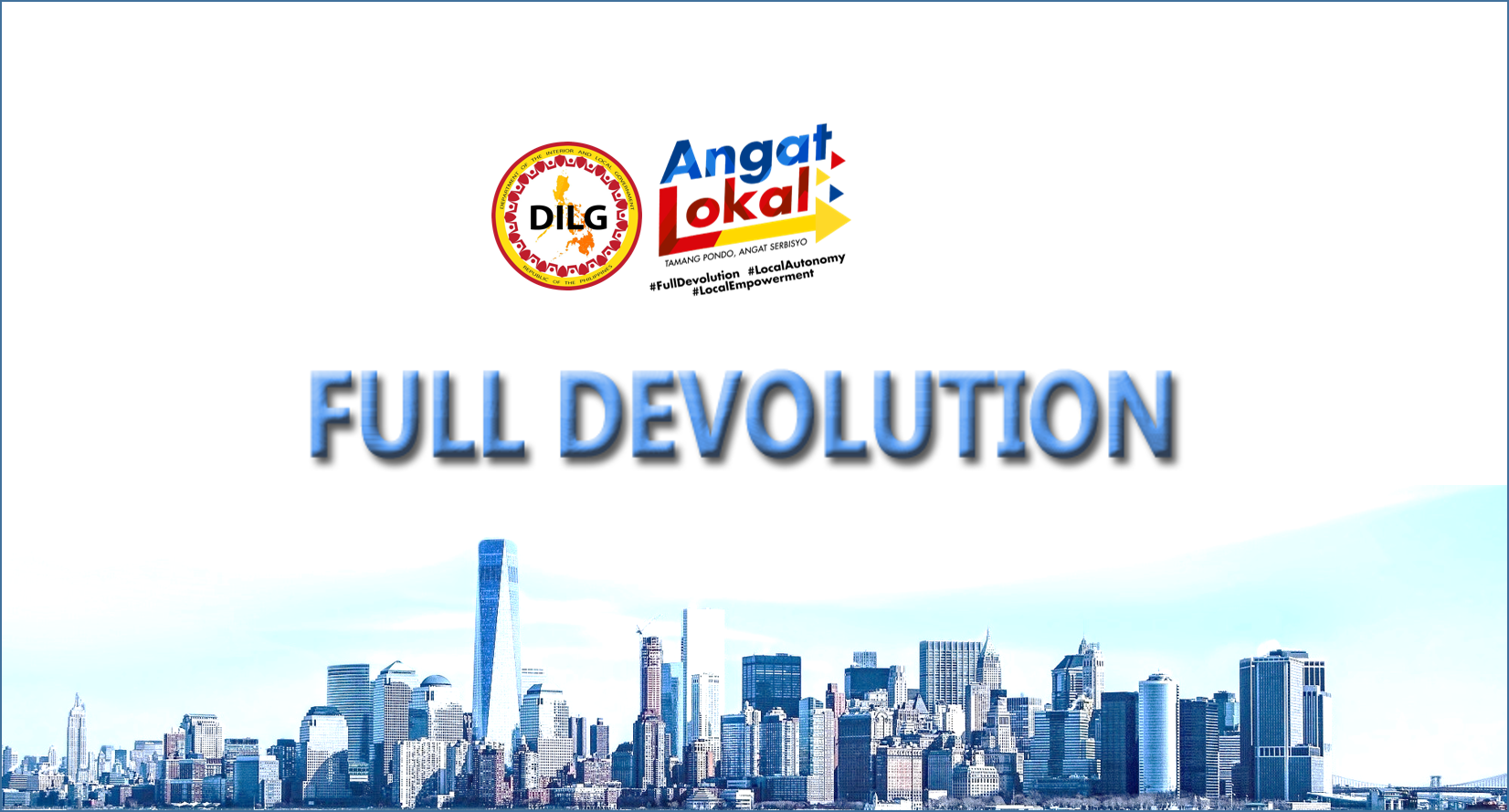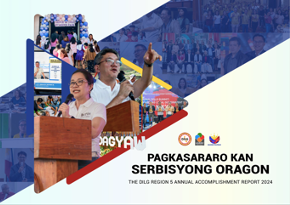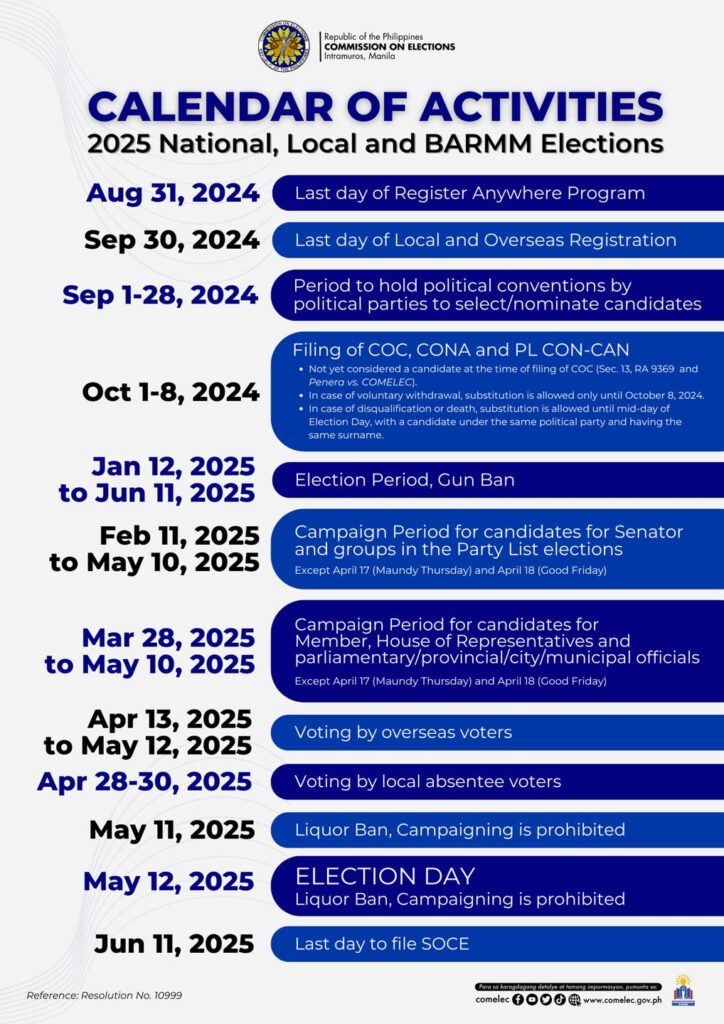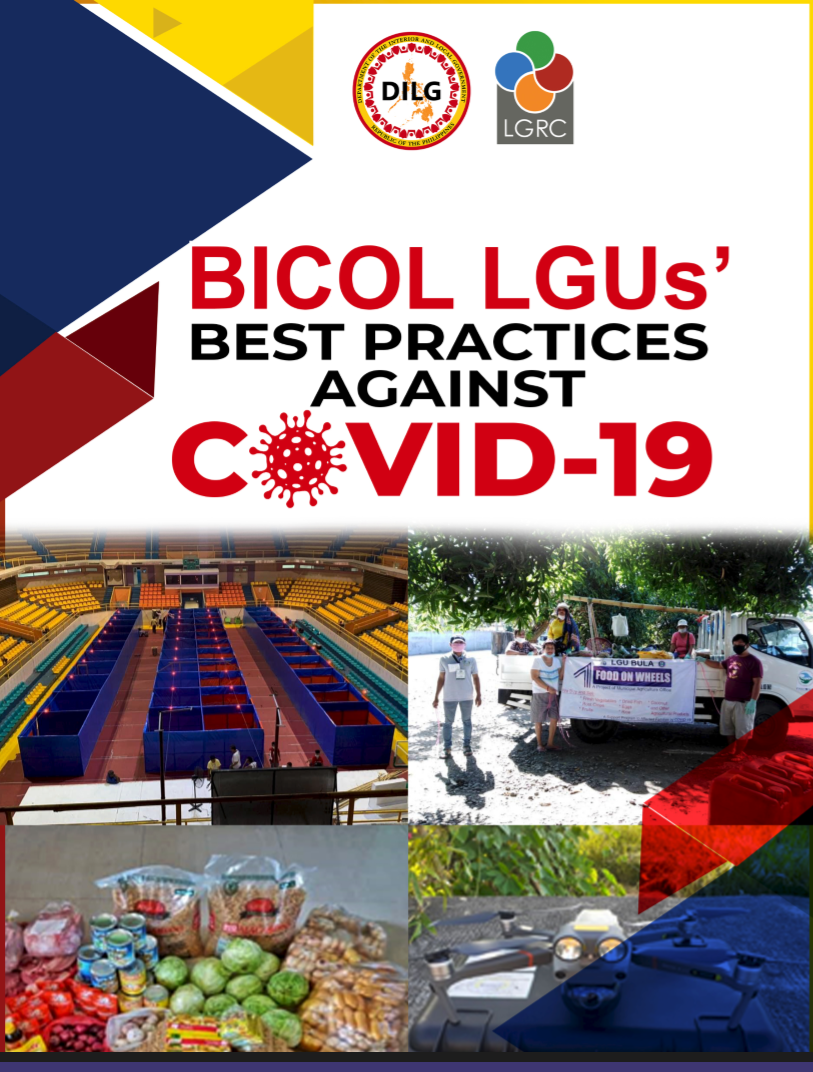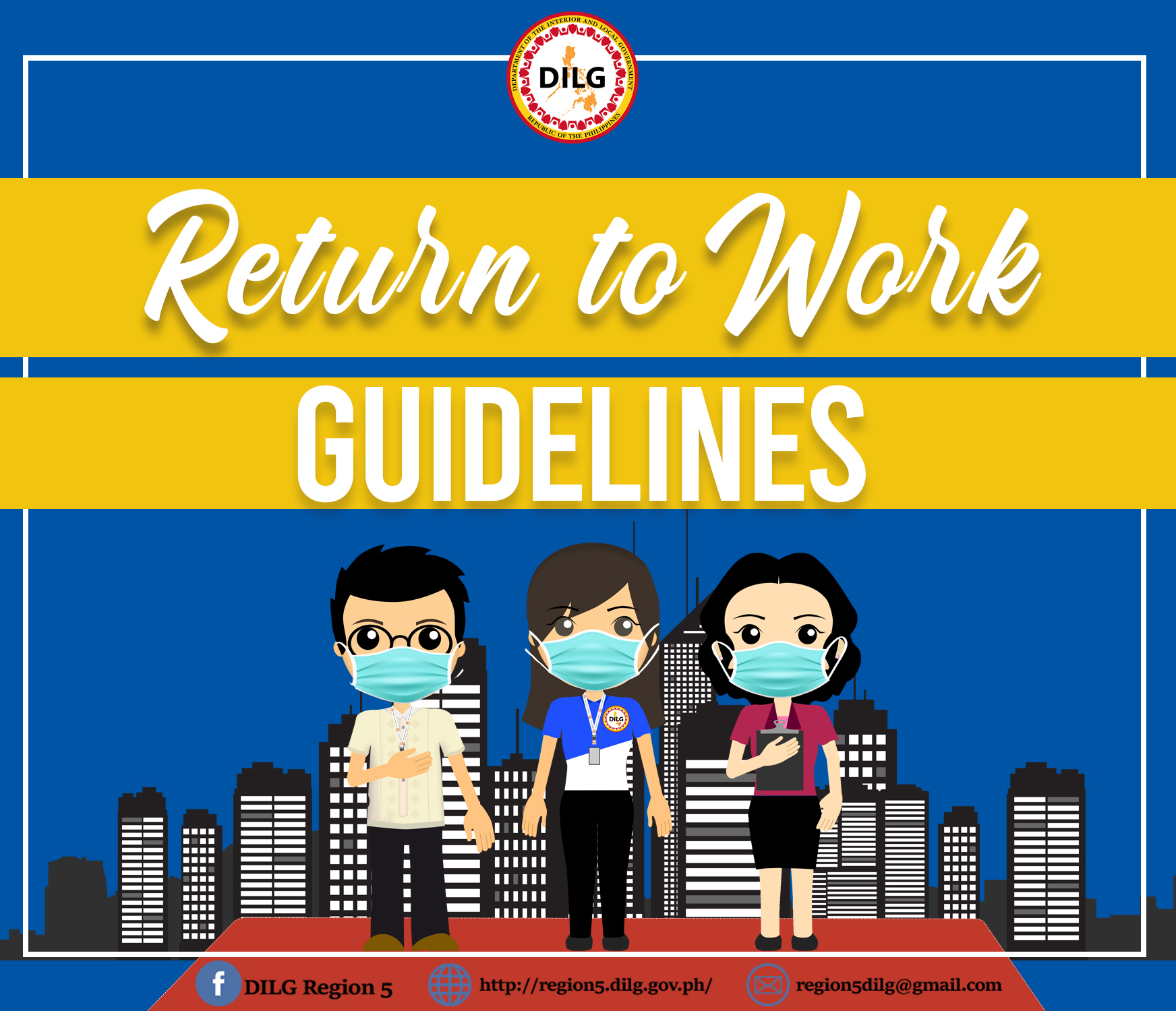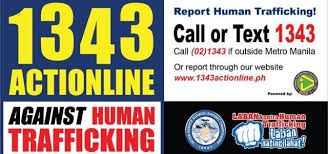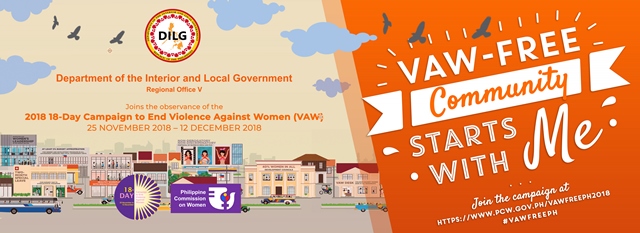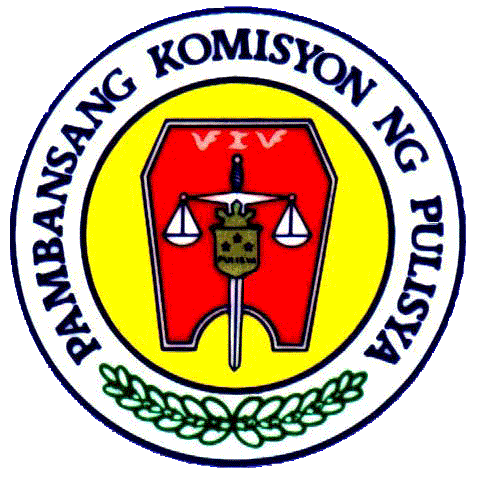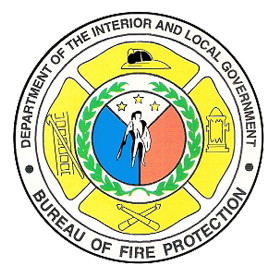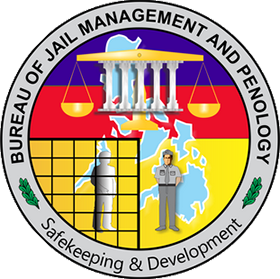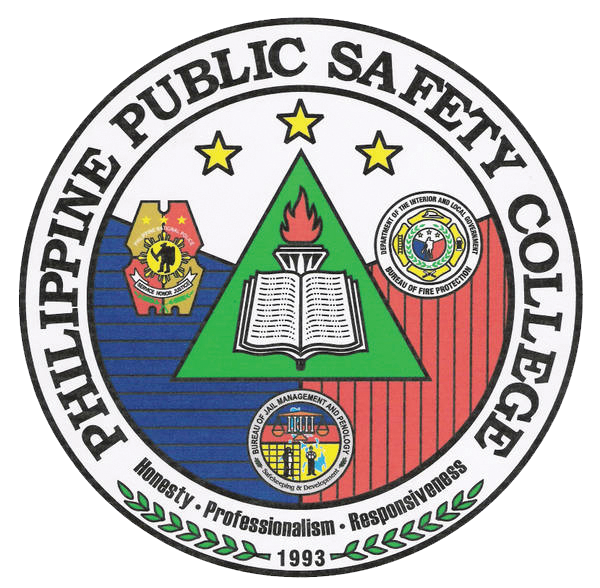The Bottom-up Budgeting (BUB) process is one of the major reform initiatives of the Aquino administration, making government’s budgeting process more responsive to local needs. It has also opened avenue for people’s participation in local planning and budgeting through the engagement of Civil Society Organizations (CSOs) and basic sectors of the communities as part of the local governance reform; it provides LGUs incentives for good local governance.
Started out in 2012, the BUB has empowered people in the community by allowing them to articulate their demands to the government and determine what projects are responsive to their needs, thereby, substantially reducing poverty at the grassroots level.
Under the BUB project, there are 14 participating agencies, namely DA, DAR, DENR, DepED, DILG, DOE, DOH, DOLE, DOT, DSWD, DTI, NEA, TESDA and PhilHealth. Each of these agencies offers a menu of projects under which a city or municipality can avail of based on the LGU’s Local Poverty Reduction Action Plan (LPRAP). These agencies incorporate in their respective annual budget proposals the list of priority programs and projects under the BUB for funding by the national government.
Thus, the Department of the Interior and Local Government does not manage the entire BUB funds. The DILG only manages the funds for its BUB menu of projects, namely: Water Supply, DRR-infrastructure-related projects (evacuation centers), purchase of DRR equipment, local access road and capacity development of CSOs. The DILG releases the project funds to the city/municipality proponent provided there is complete submission of the documentary requirements and the LGU is an SGH-passer. For cities/municipalities that are non-SGH passers, the DILG implements the proposed BUB project for the LGU concerned.
Moreover, despite apprehensions that the budget of the BuB in the GAA can be used by the government to favor political allies, the guidelines of JMC No.4-2013 provides for uniform application of the budget among LGUs regardless of political affiliation.
REGION V BUB PROJECT ACCOMPLISHMENT
As of August 2015, the BuB has completed 78 percent of the total projects in 2013; 34 percent of 2014; and less than one percent of 2015. The remaining projects are either proposed, pipelined or on-going implementation. The BuB projects are mainly designed for poverty alleviation and disaster mitigation. They correspond to the government’s priorities of providing basic social services and attainment of the Millennium Development Goals; hunger mitigation and elimination; job generation and inclusive development; and, Climate change adaptation/mitigation and disaster preparedness.
| STATUS OF PROJECTS | ||||||
| (BICOL REGION) | ||||||
| YEAR | Total # of Proj
(per GAA) |
Total # of Proj (per Validation) | Proposed | Pipelined | Ongoing | Completed |
| 2013 | 675 | 697 | 61 | 18 | 73 | 545 |
| 8.75% | 2.58% | 10.47% | 78.19% | |||
| 2014 | 1593 | 1724 | 139 | 470 | 524 | 591 |
| 8.06% | 27.26% | 30.39% | 34.28% | |||
| 2015 | 1098 | 1129 | 556 | 354 | 216 | 3 |
| 49.25% | 31.36% | 19.13% | 0.27% | |||
Note: Details/Breakdown of these projects are available at the DILG V-RPMT
CSO MONITORING AND EVALUATION
The expanded engagement at grassroots level of the Civil Society Organizations (CSOs) and people’s groups in the budget process is an assurance that the BUB program is implemented under the principles of transparency and accountability. Civil society, by principle, serves as check-and -balance to government and as citizens’ watchdog. Private individuals are also hired as Community Mobilizers (CMs) per province tasked to monitor project implementation. Thus, this ensures that implementation of BUB projects is not significantly tainted with political considerations. All cities and municipalities that submit project proposals to participating agencies, regardless of political affiliation, implement the BUB project.
Issues and problems revealed by CSOs and Community Mobilizers are referred to the Local Poverty Reduction Action Team LPRAT, and to the Regional Poverty Reduction Action Team (RPRAT), composed of the implementing government agencies concerned, for deliberation and decision-making. CSOs, being active participants to the LPRAT in the whole BuB process can, therefore, wield power to balance as well as complement government. ###
Media Contact Information:
Dir. Elouisa T. Pastor, CESO IV
OIC-Regional Director
Tel. No. 480-1484
Engr. David F. de Guzman Jr.
BUB Focal Person
Tel. No. 480-1482

